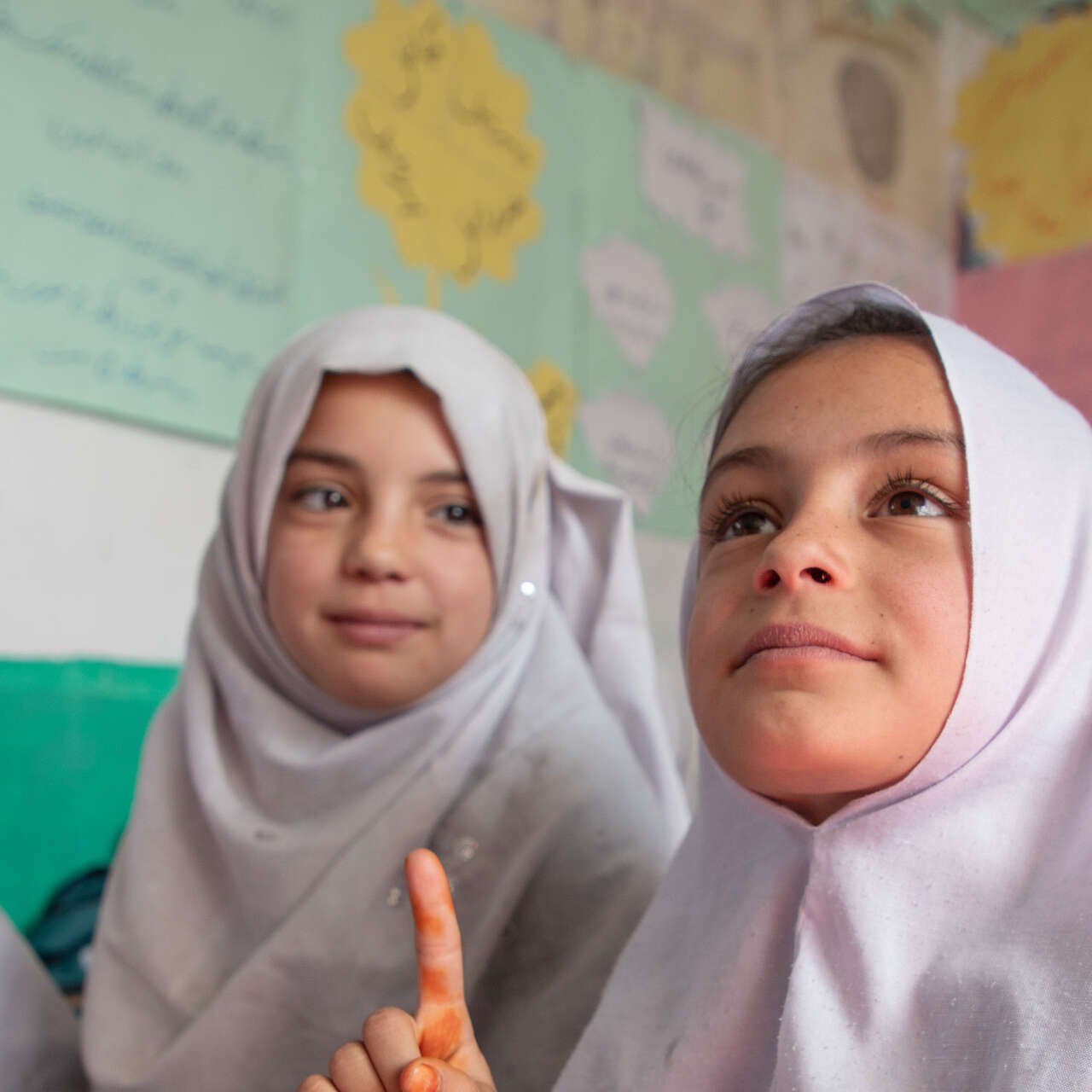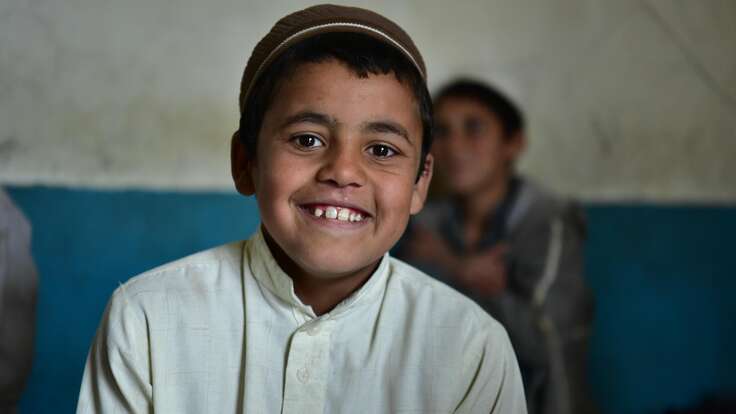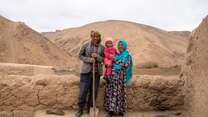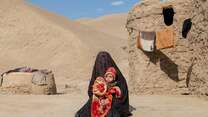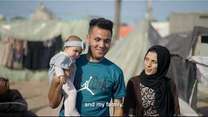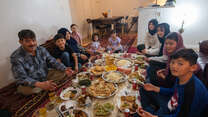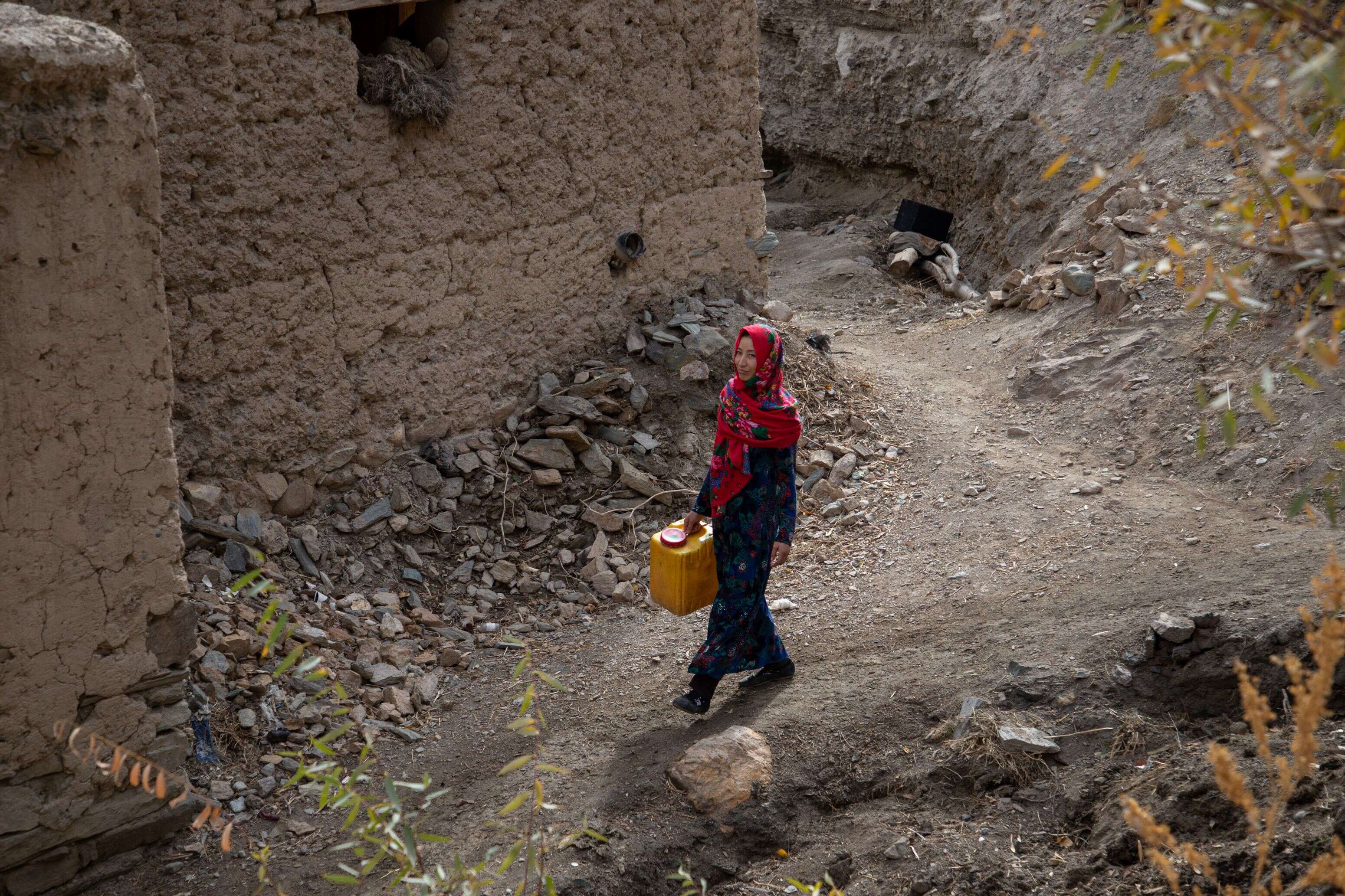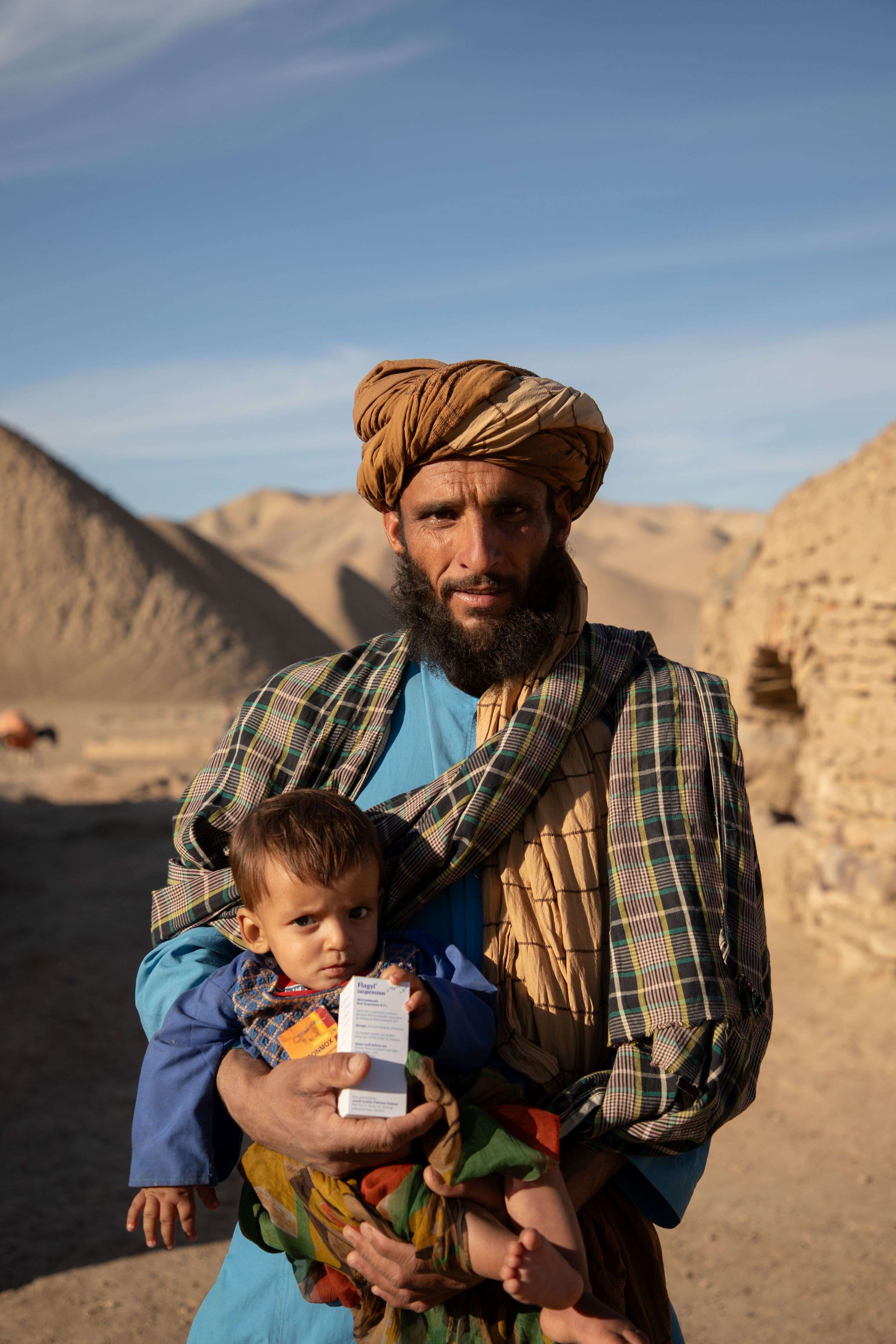IRC continues negotiations to resume operations
- The de facto authorities’ ban on female NGO workers in Afghanistan, first issued 24 December 2022, remains in place.
- However, agreements at national, provincial and district levels have allowed some female aid workers to safely return to work for the IRC, enabling us to operate in 13 provinces.
- We are continuing discussions with provincial authorities to resume activities in more provinces and urge the United Nations to do the same, so that all Afghans can access lifesaving humanitarian assistance.
Country facts
- Population: 41.7 million
- People in need of humanitarian aid: 24.4 million
- Rank in Human Development Index: 169 of 189
IRC response
- Started work in Afghanistan: 1988
Plagued by decades of violent conflict and natural disasters, Afghanistan has created one of the largest refugee populations in the world. The IRC provides humanitarian relief and recovery assistance to those affected by crises.
For years, Afghanistan has struggled with a declining economy and dwindling security. In August 2021, the Islamic Emirate of Afghanistan (commonly known as the Taliban) took control of the country. International donors immediately suspended most non-humanitarian funding and froze billions of dollars in assets. Without this funding, the economy has spiralled downward. Afghans are running out of money while prices of food and medicine are skyrocketing. The country could see near universal poverty in 2022 with 97% of Afghans at risk.
Any attempt by Islamic State Khorasan (IS-K) to take advantage of the shift in power portends violence and civilian harm. Meanwhile, Afghanistan faces ongoing drought and a possible fourth wave of COVID-19.
Afghanistan ranks third in the IRC's Emergency Watchlist of crises that are expected to deteriorate the most in 2023.
Despite many years of aid, Afghanistan’s former government struggled to provide clean water, electricity, safe roads and education services for its people. Today, 24.4 million Afghans need humanitarian support.
The suspension of aid flows - previously 75% of the government budget - has sapped the current government’s ability to pay salaries to public servants and deliver desperately needed services to millions of Afghans. The impact has been immediate and widespread. The population increasingly cannot meet basic needs as the economy and public services collapse amid sanctions.
The shift in power followed a major escalation in conflict between the Taliban and the former government over the course of 2021 and a deal that saw American forces depart the country rapidly.
Civilian casualties in Afghanistan reached record levels in the first half of 2021, with women and children bearing the brunt of the conflict.
The likelihood of extreme weather events in Afghanistan, which is already prone to natural disasters, is rising due to climate change. Drought and other disasters coupled with the COVID-19 pandemic and ongoing conflict mean that more Afghans at home and abroad are being pushed into poverty, and increasing numbers of people are facing food insecurity.
Starvation could kill more Afghans than last twenty years of war. Since the shift in power in Afghanistan, humanitarian needs have skyrocketed. One million children are at risk of the most severe form of malnutrition.
“Right now, every day Afghans are being punished by international policies that are leaving millions on the brink of starvation,” says IRC Afghanistan director Vicki Aken.
The IRC's mission is to help people whose lives are shattered by conflict and disaster to recover and gain control of their futures.
We began work in Afghanistan in 1988, launching relief programmes for people displaced by the invasion of the Soviet Union. We now work with thousands of villages and communities across nine provinces, with Afghans making up more than 99% of IRC staff in the country. In recent years, the IRC has become one of the leaders in women’s protection and empowerment in the country.
As Afghanistan struggles to recover from conflict, natural disasters and COVID-19, the IRC:
- provides uprooted families with cash assistance, tents, clean water, sanitation and other basic necessities;
- supports over 100 health facilities, installs hand-washing stations in local communities, and provides information and training sessions about COVID-19;
- provides safe learning spaces in rural areas;
- helps people find employment;
- works with local communities to identify, plan and manage their own development projects.
The IRC is also supporting the many Afghans who have been forced to flee their country.
Support the IRC's work
Donate now to help the IRC support children and families in Afghanistan and in crisis zones worldwide.
